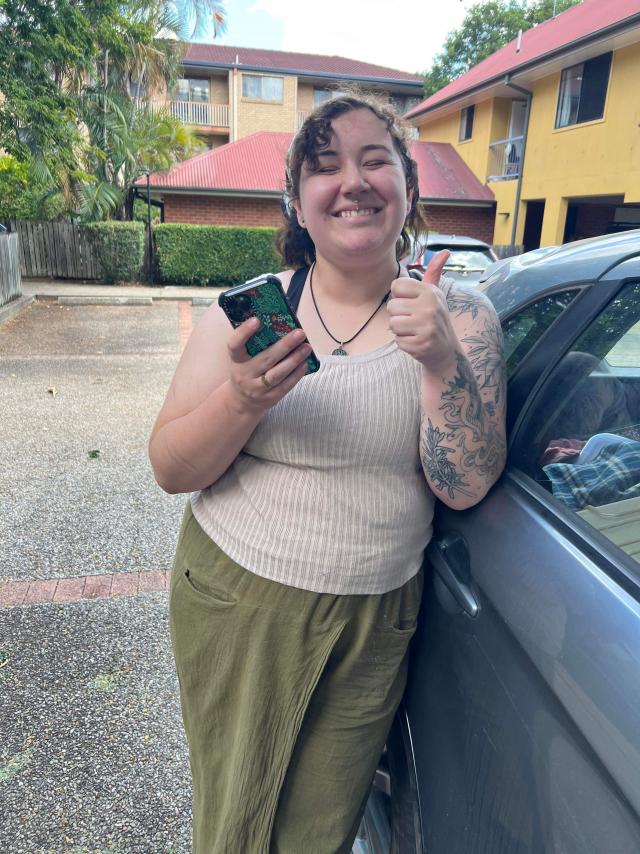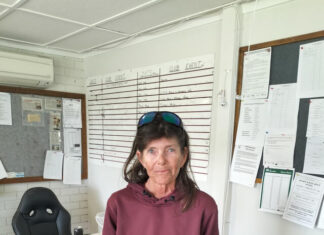Amplifying young voices

Digital Edition
Subscribe
Get an all ACCESS PASS to the News and your Digital Edition with an online subscription
Butz and Collis star for Easts
Sue Butz has taken out the Warwick East Bowls Club’s Women’s singles competition for the year with Peter Collis winning the men’s.
Despite the...








